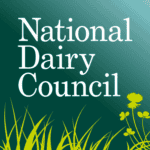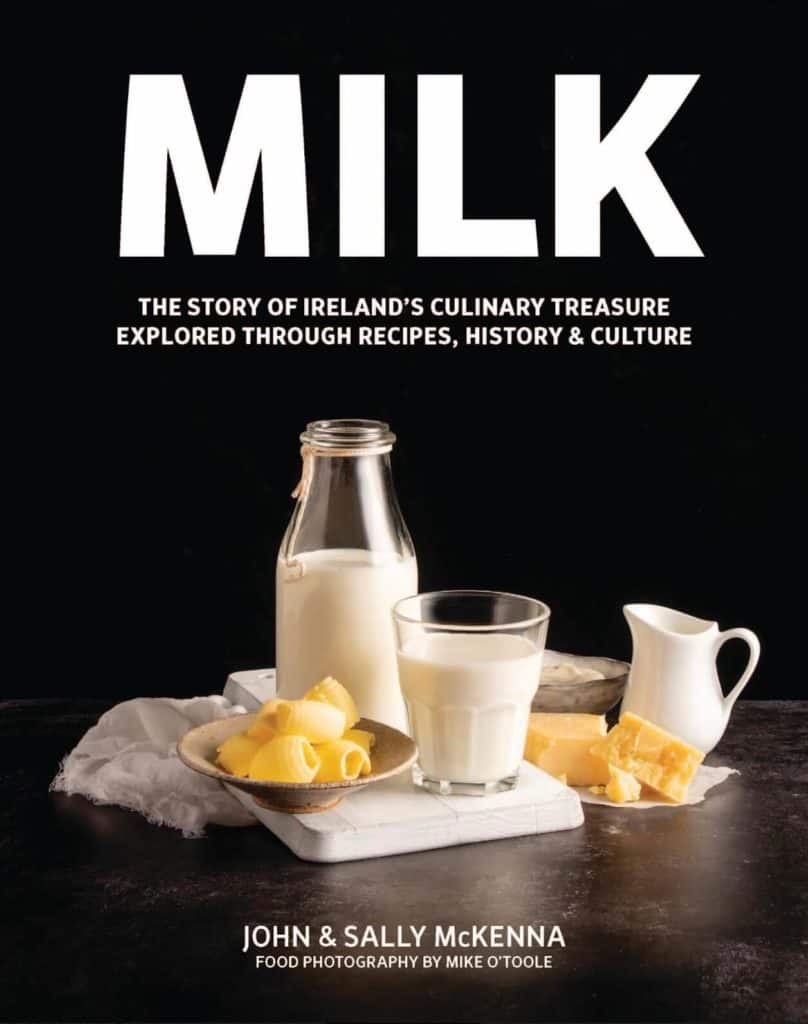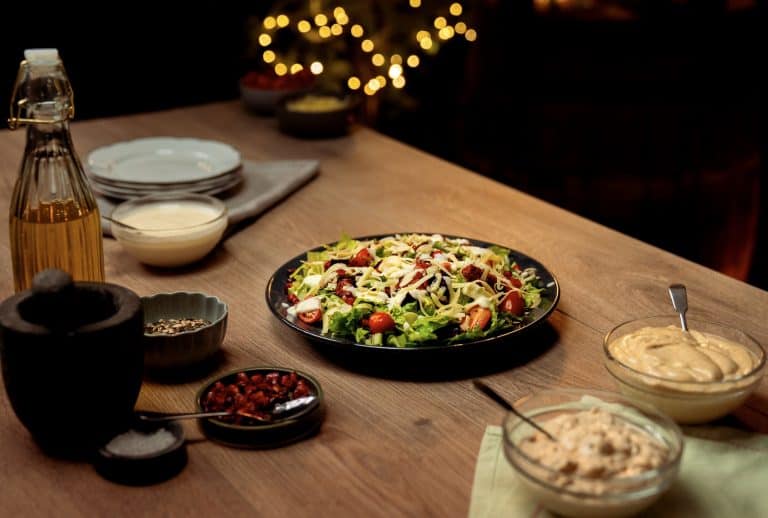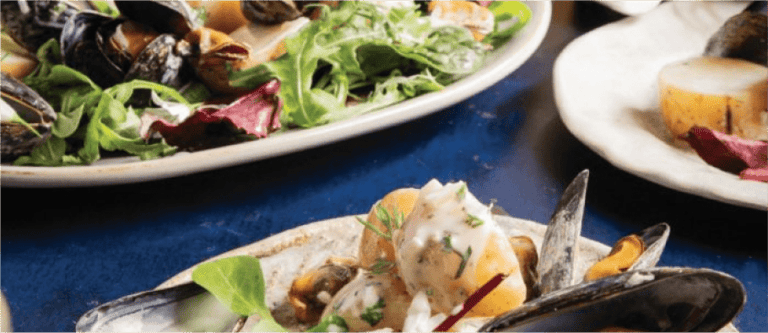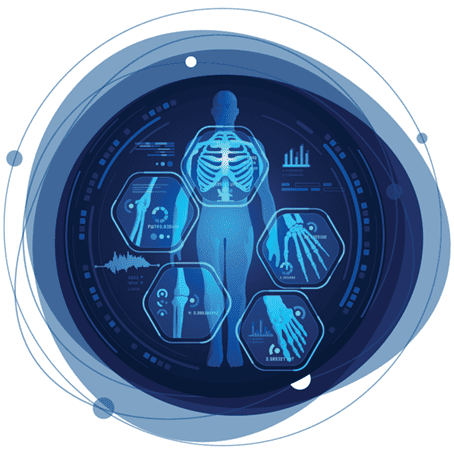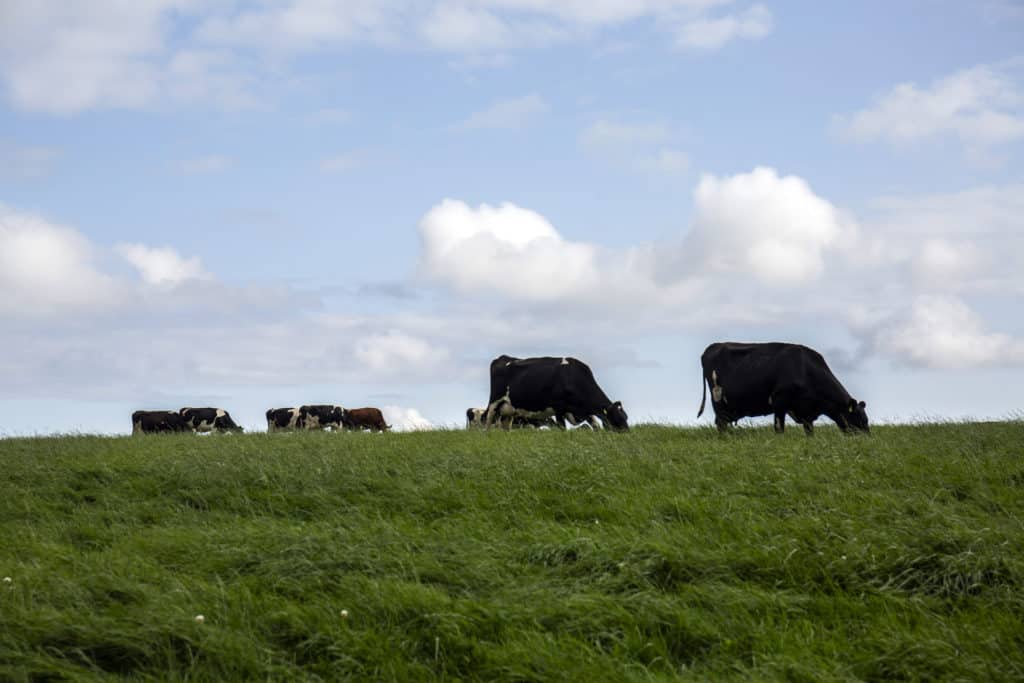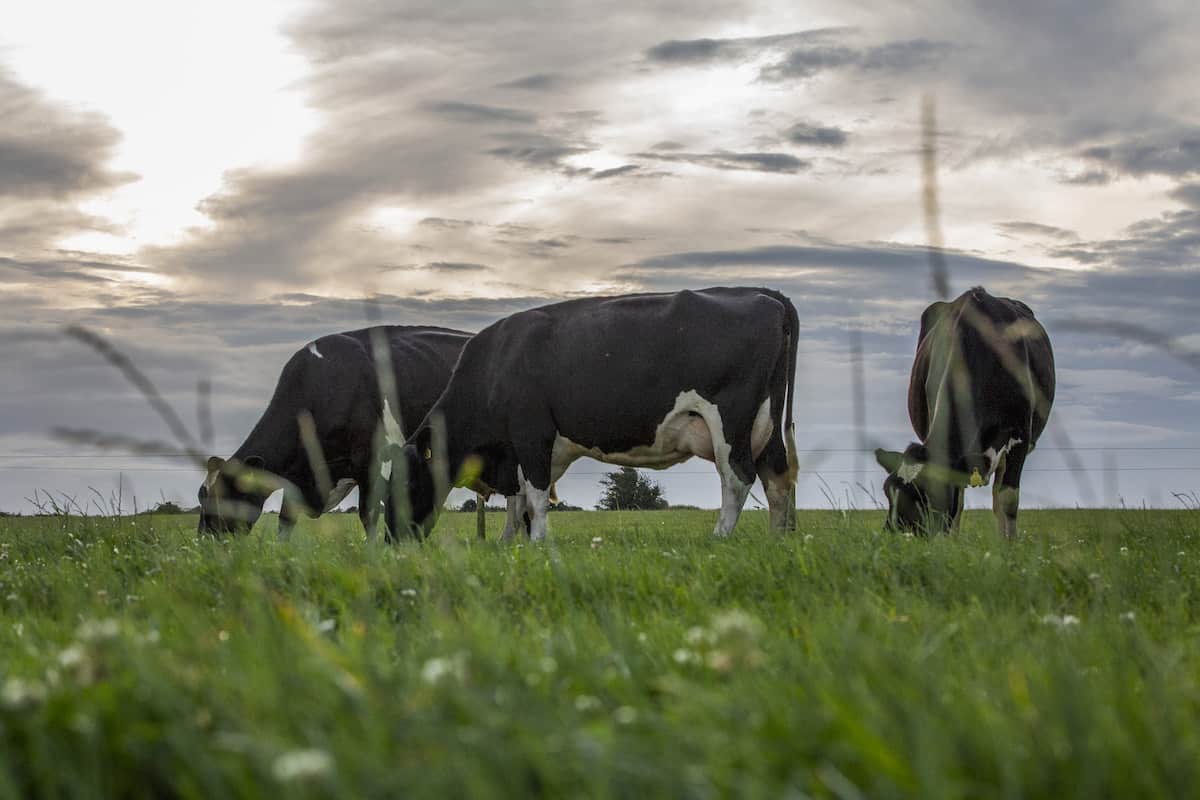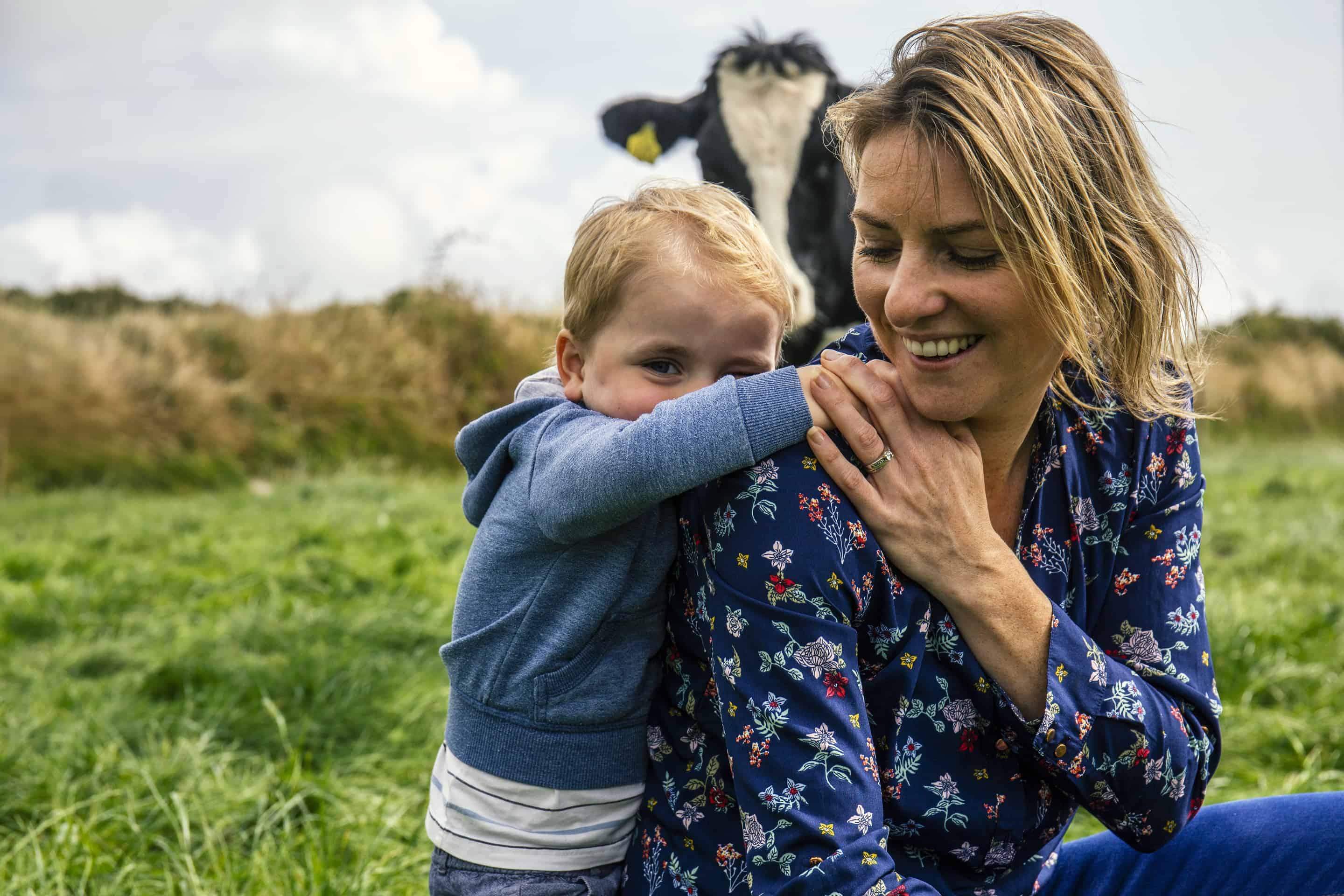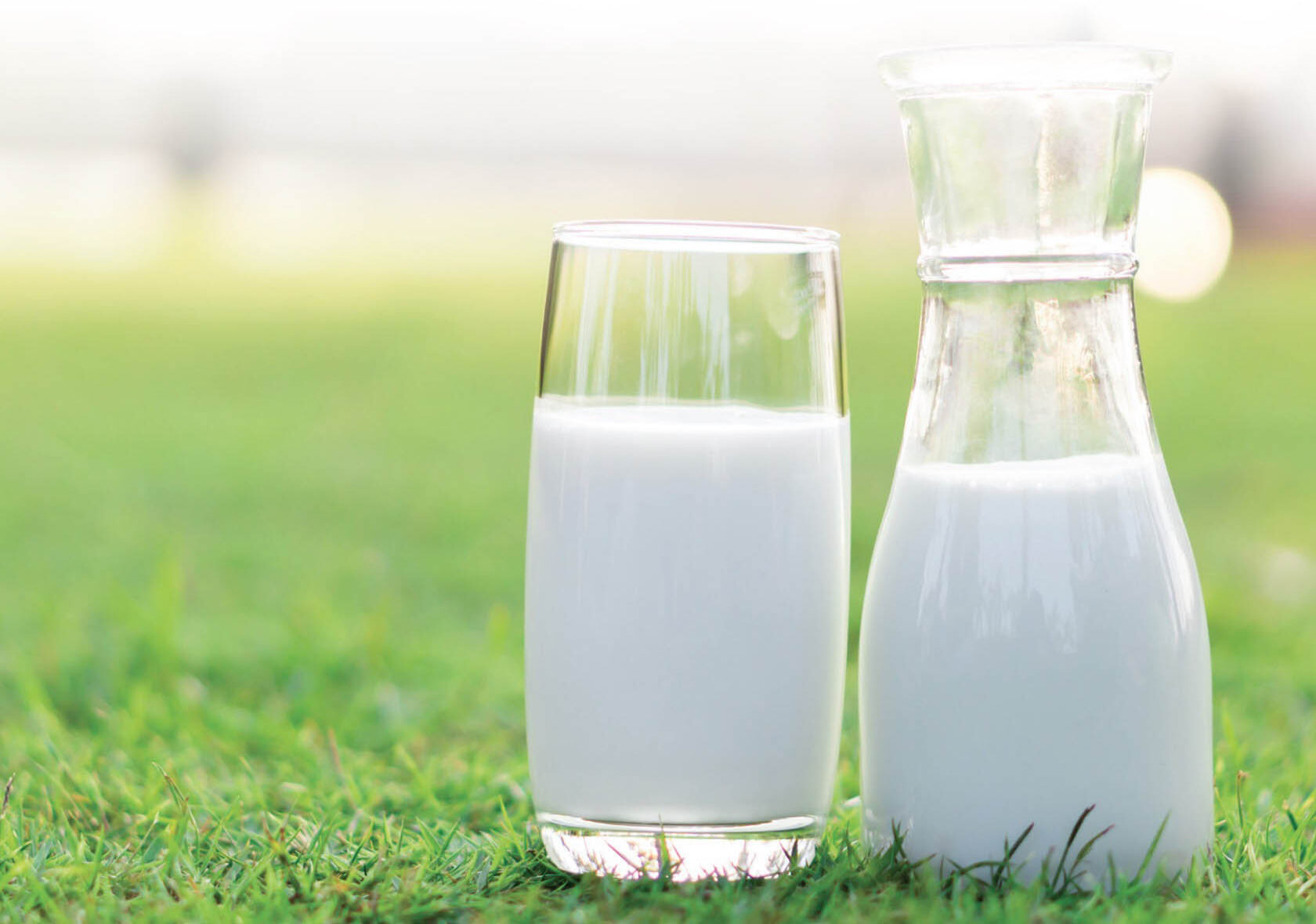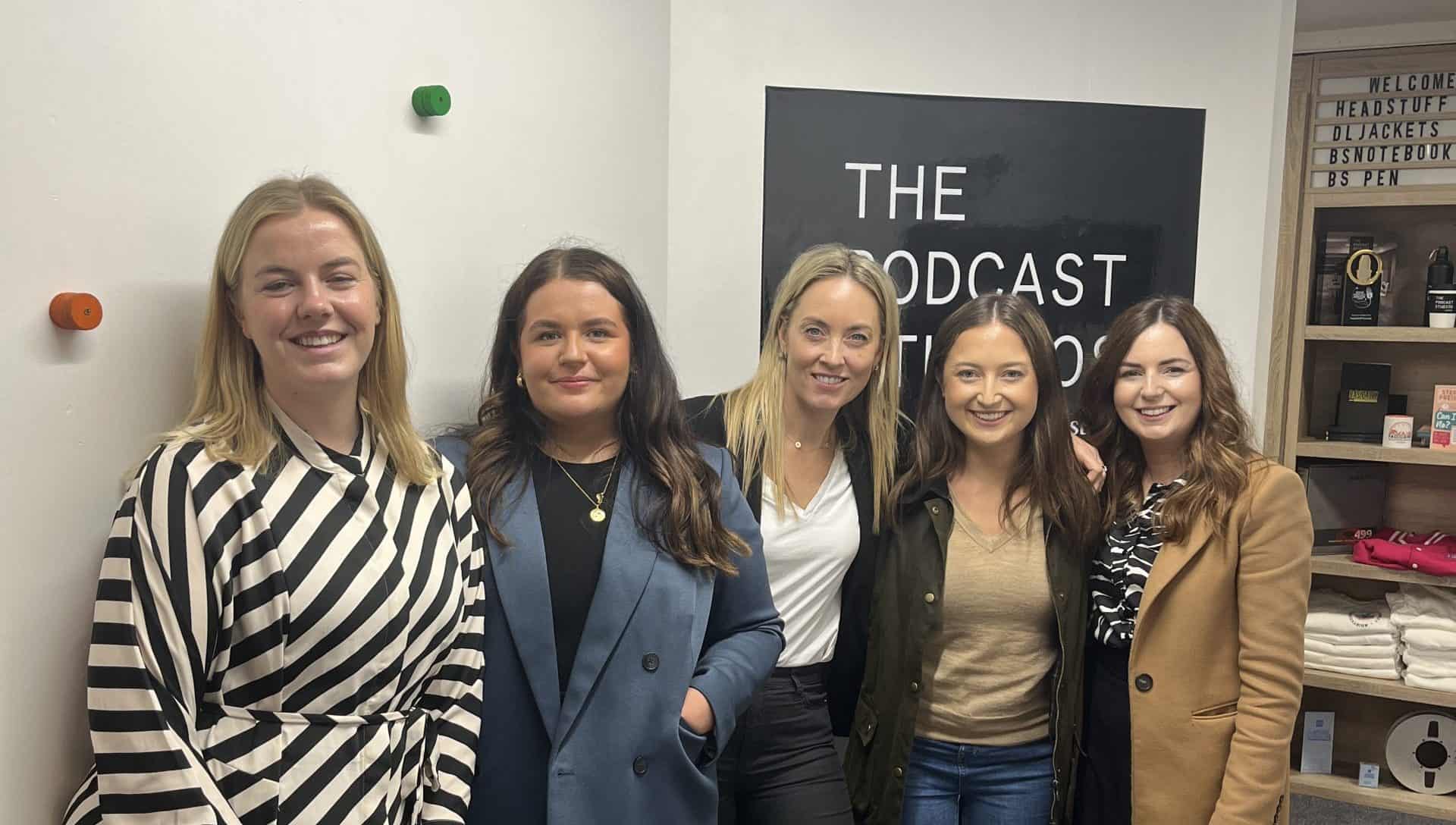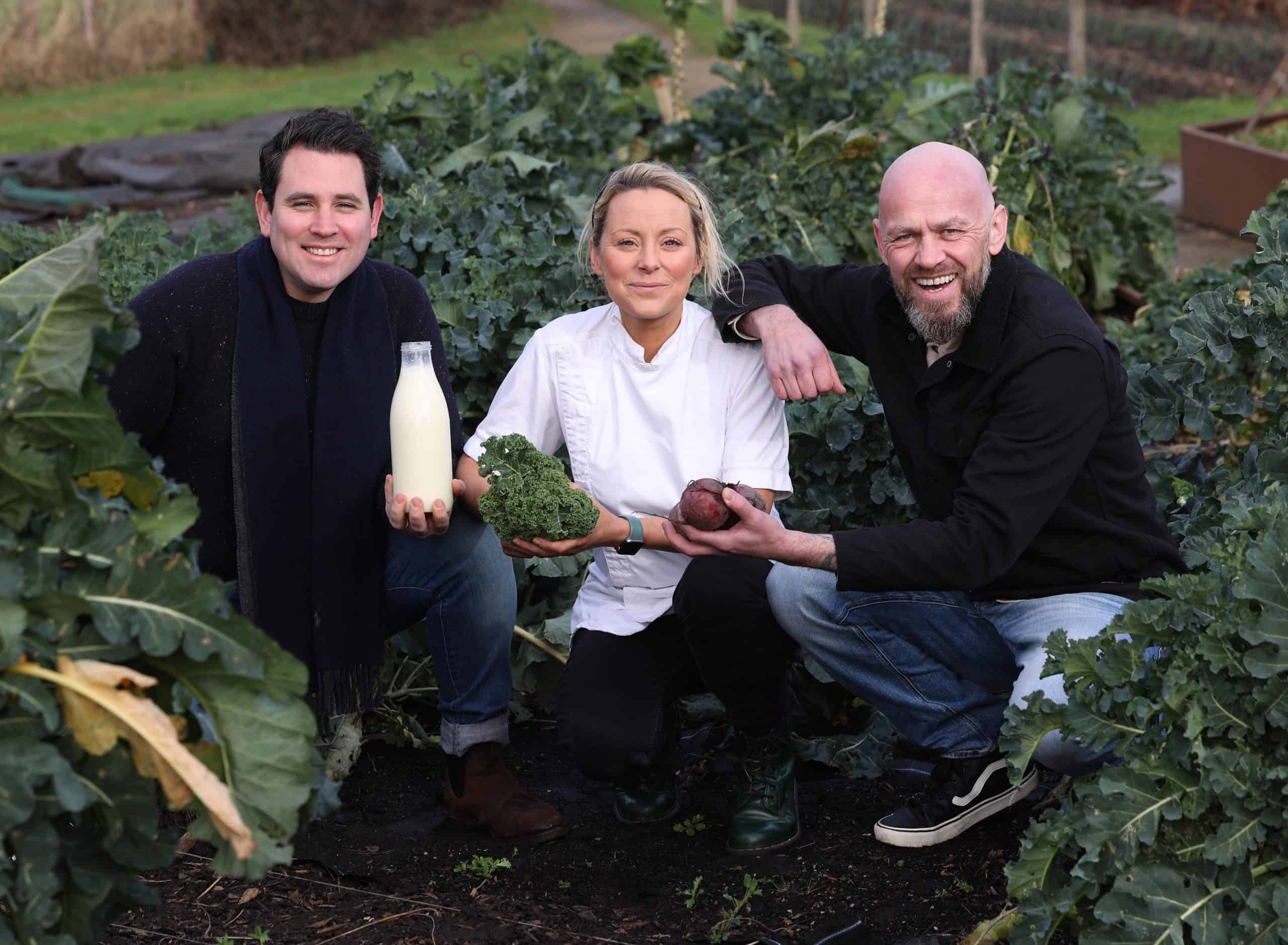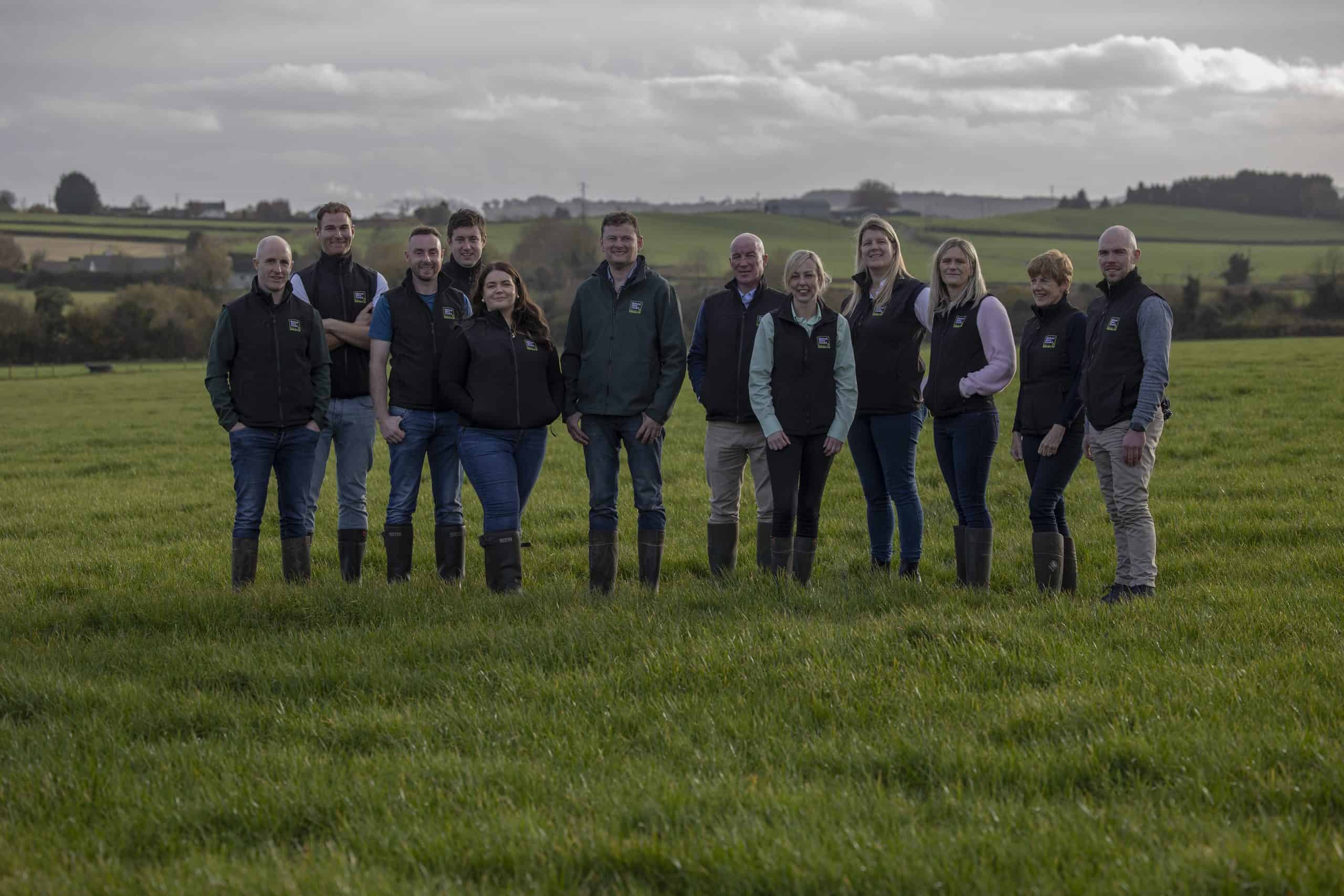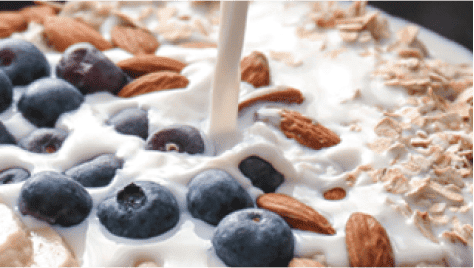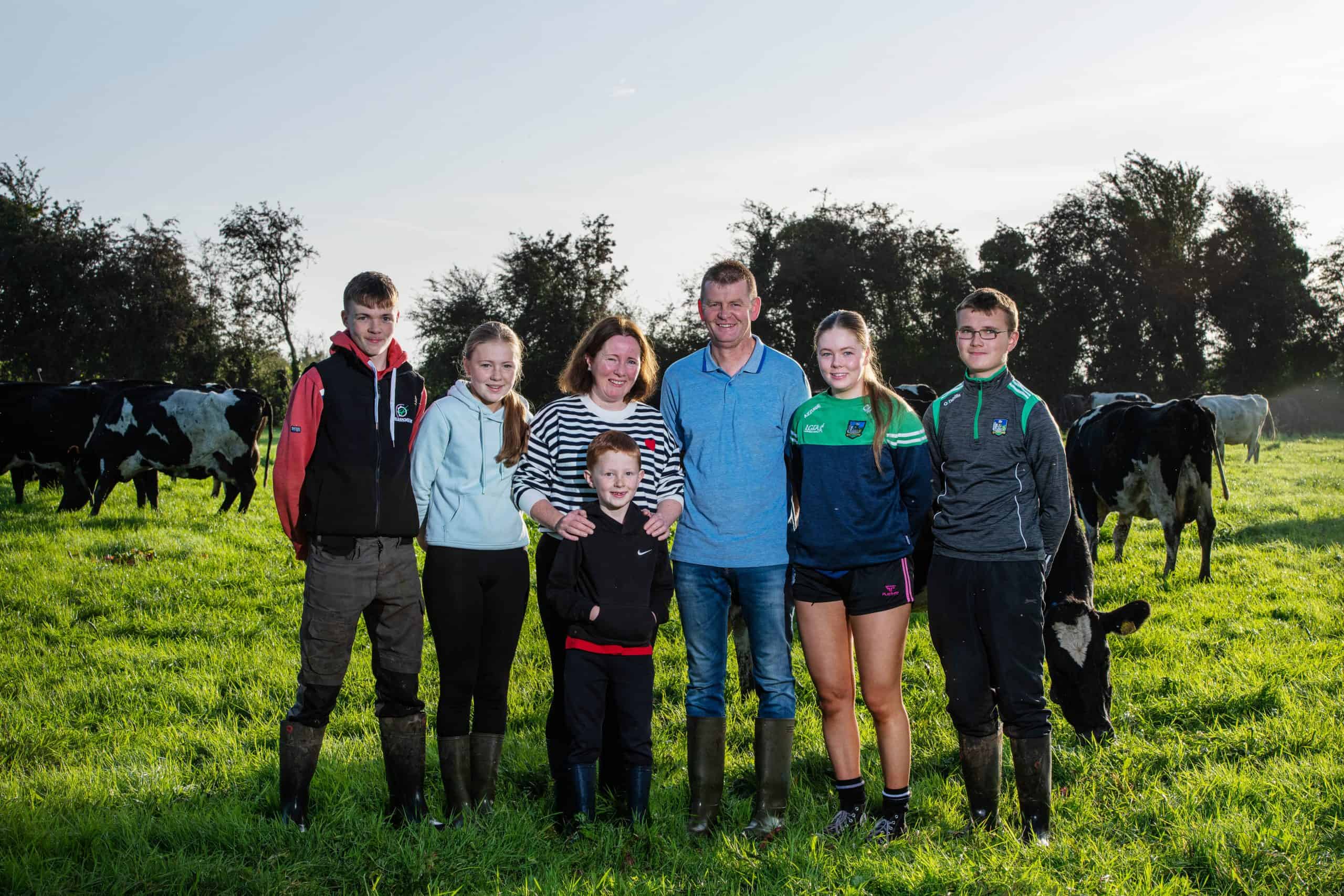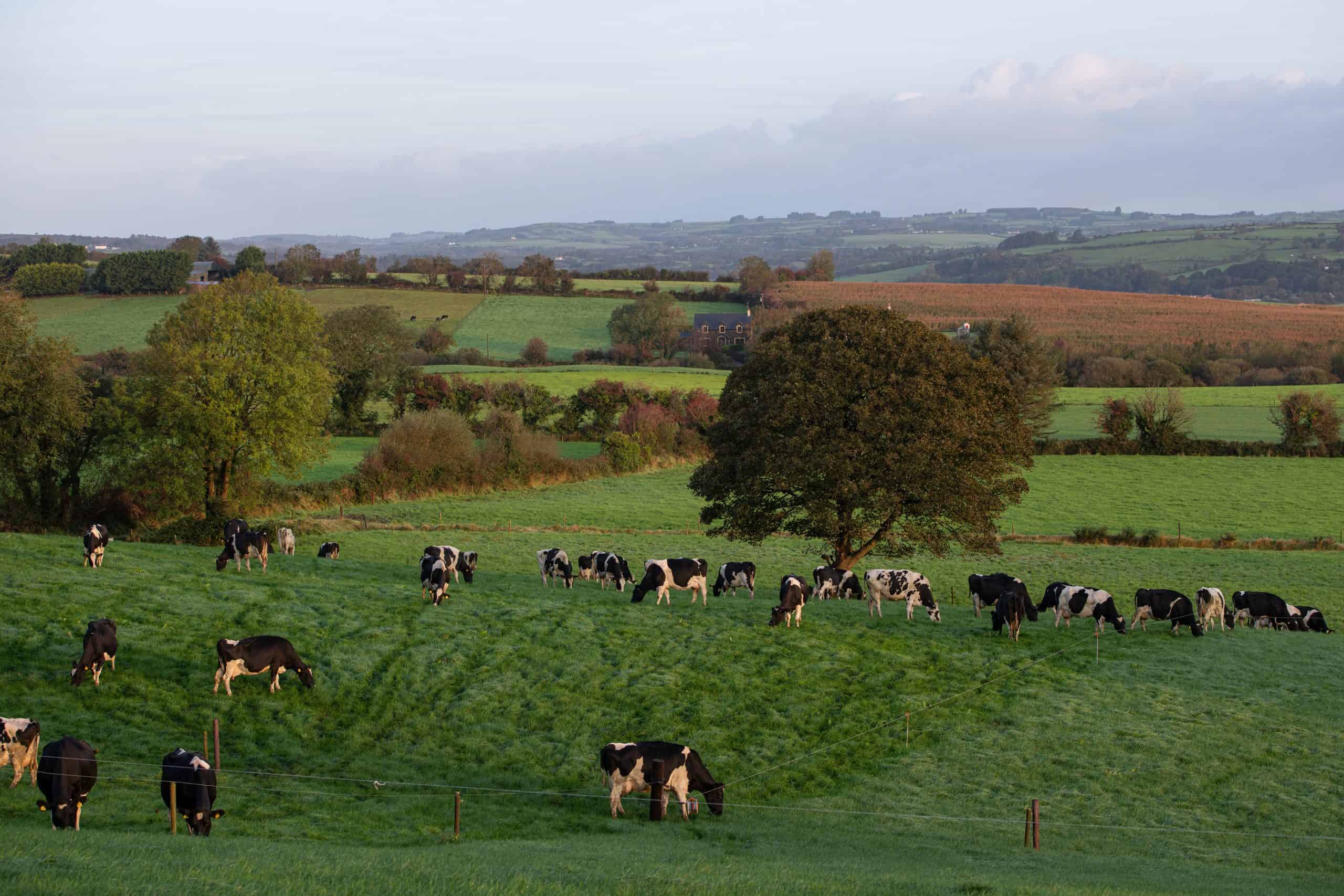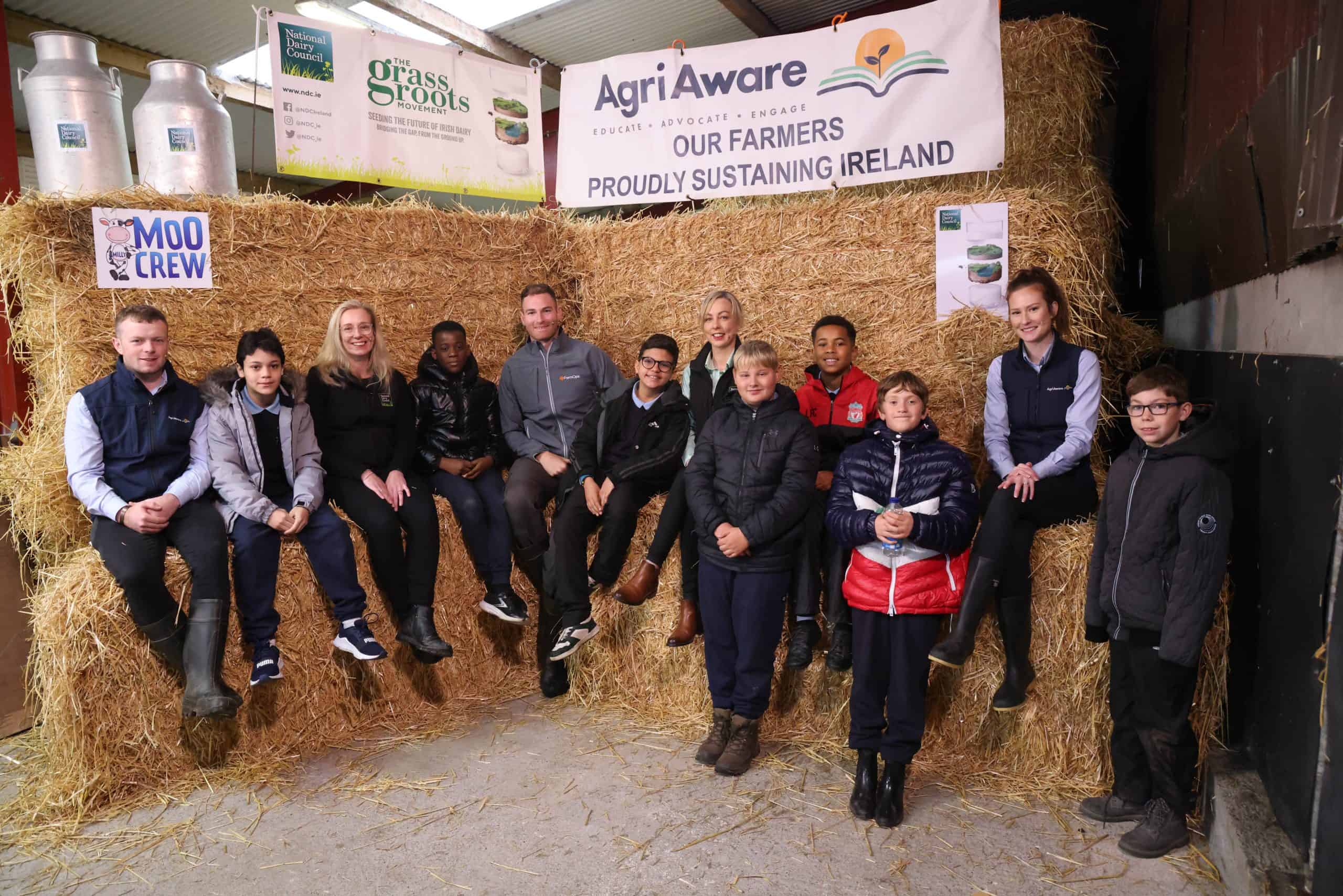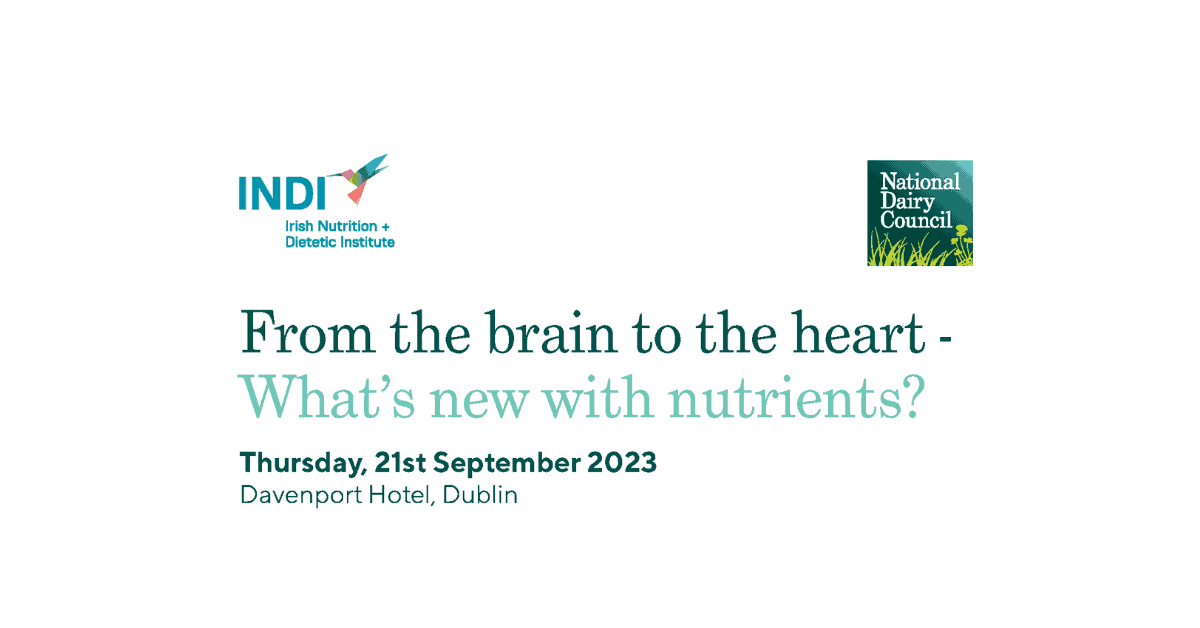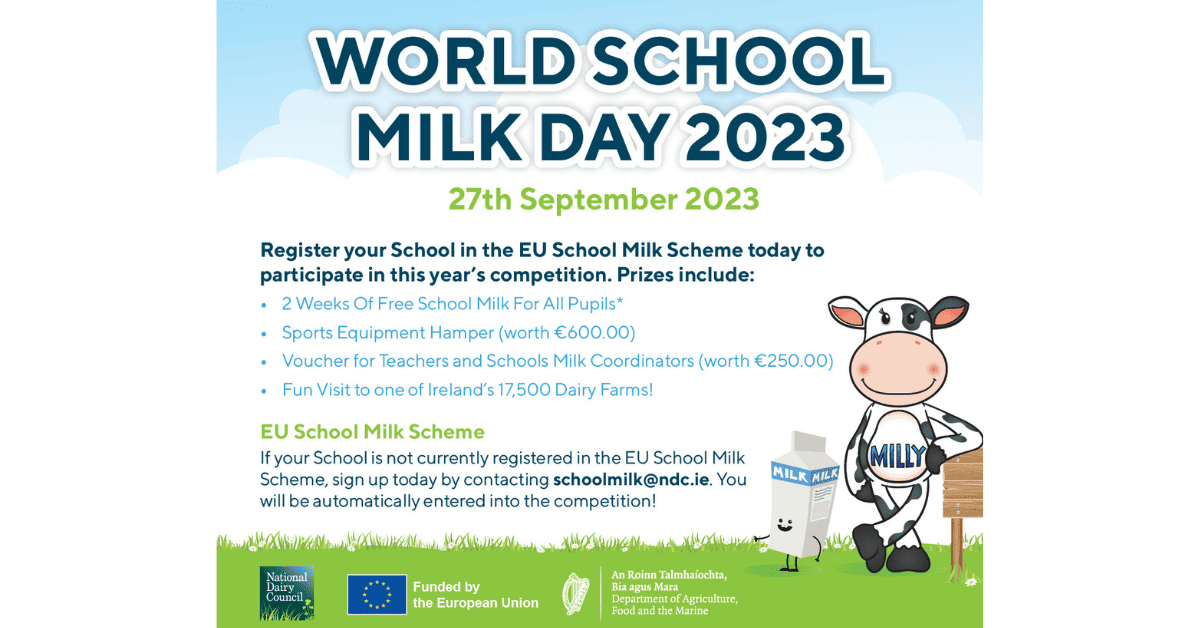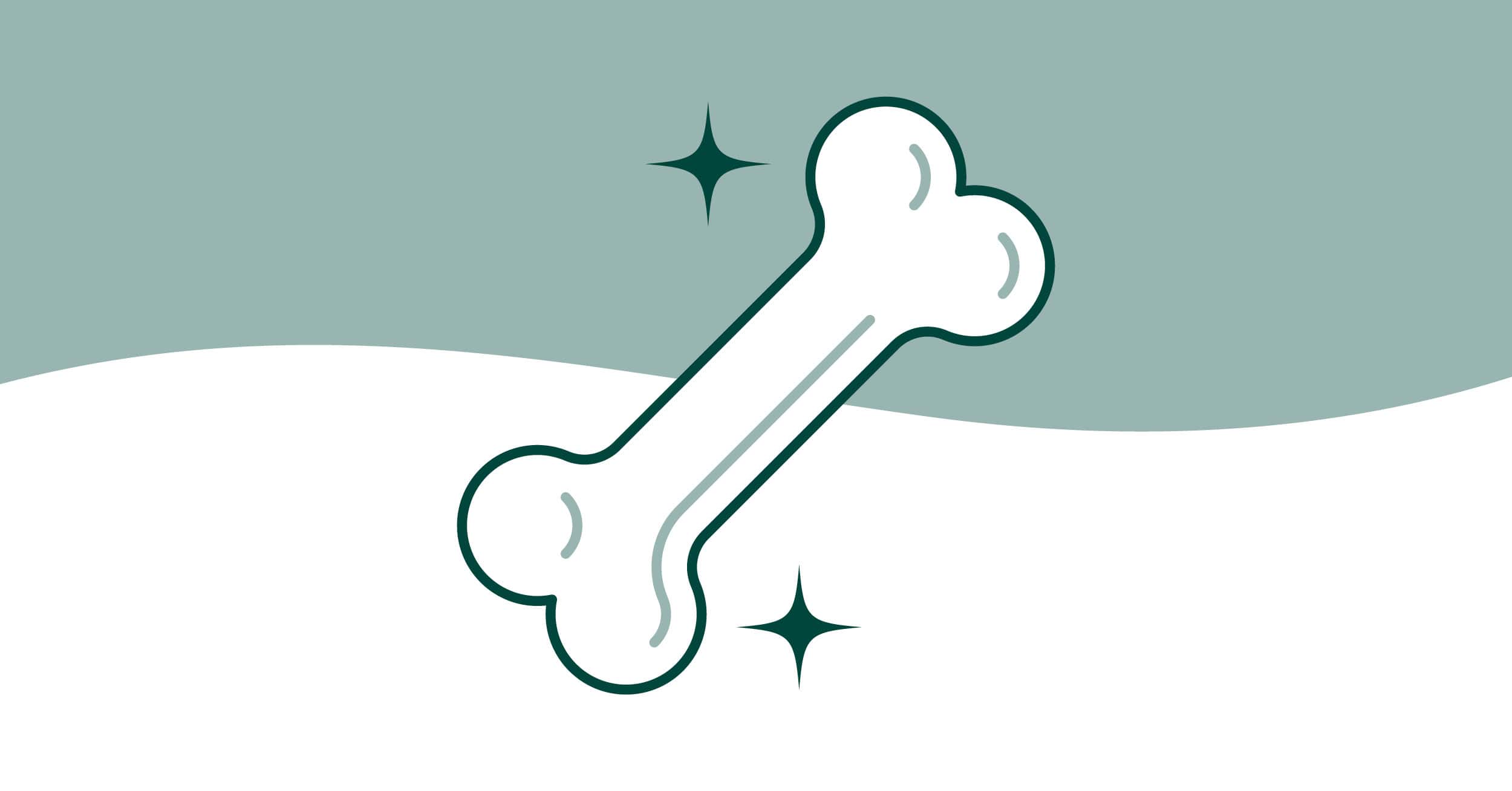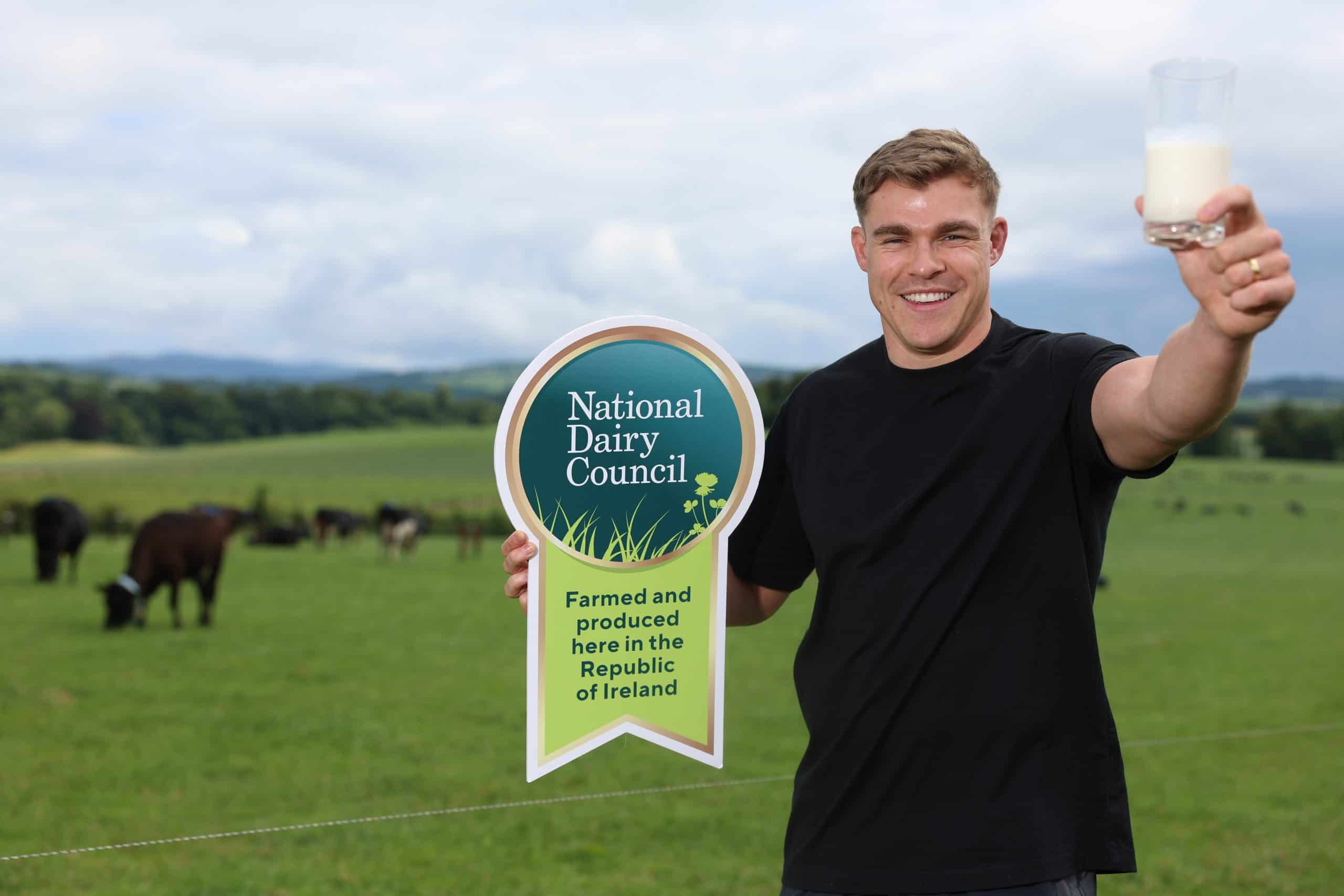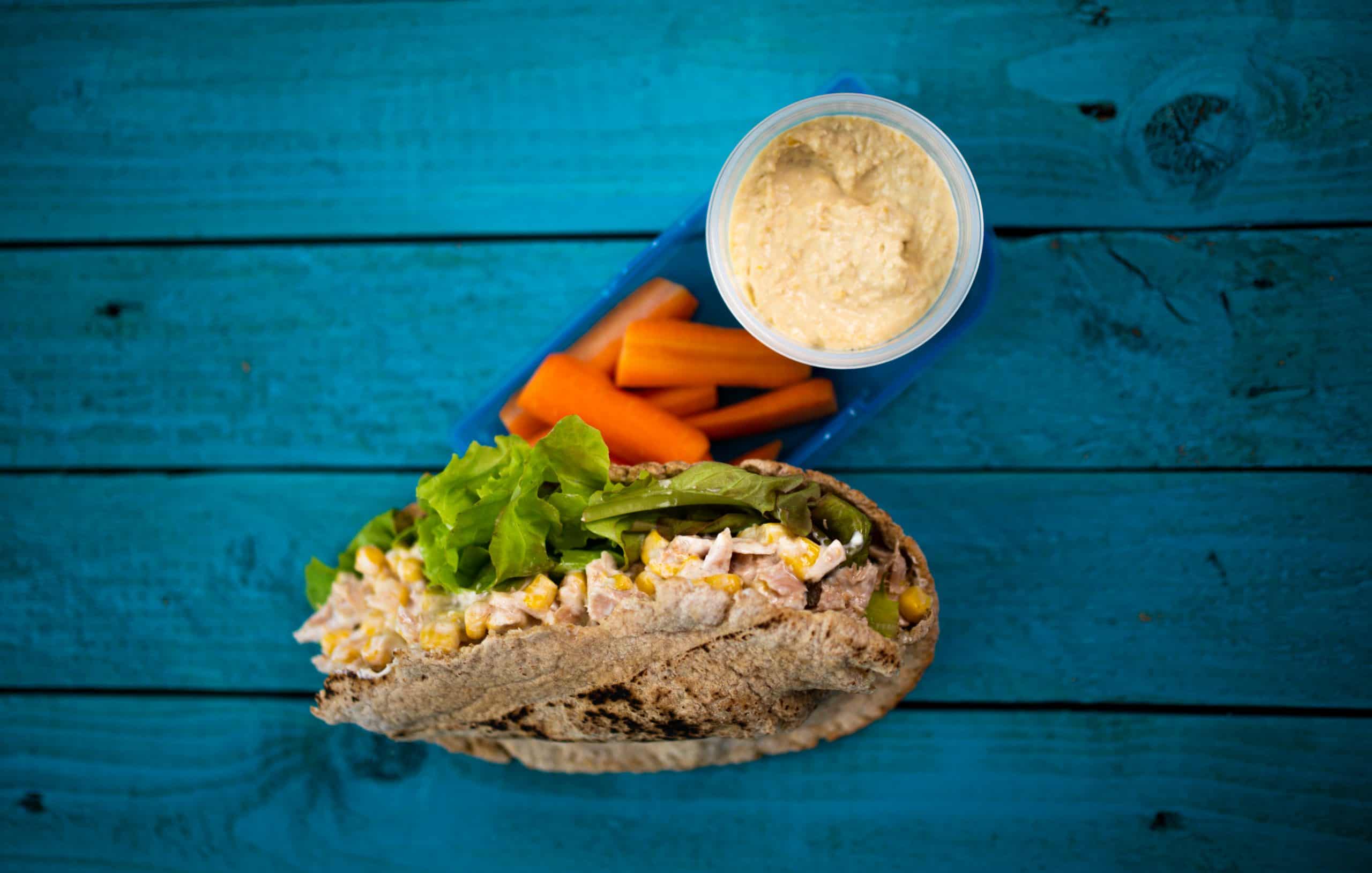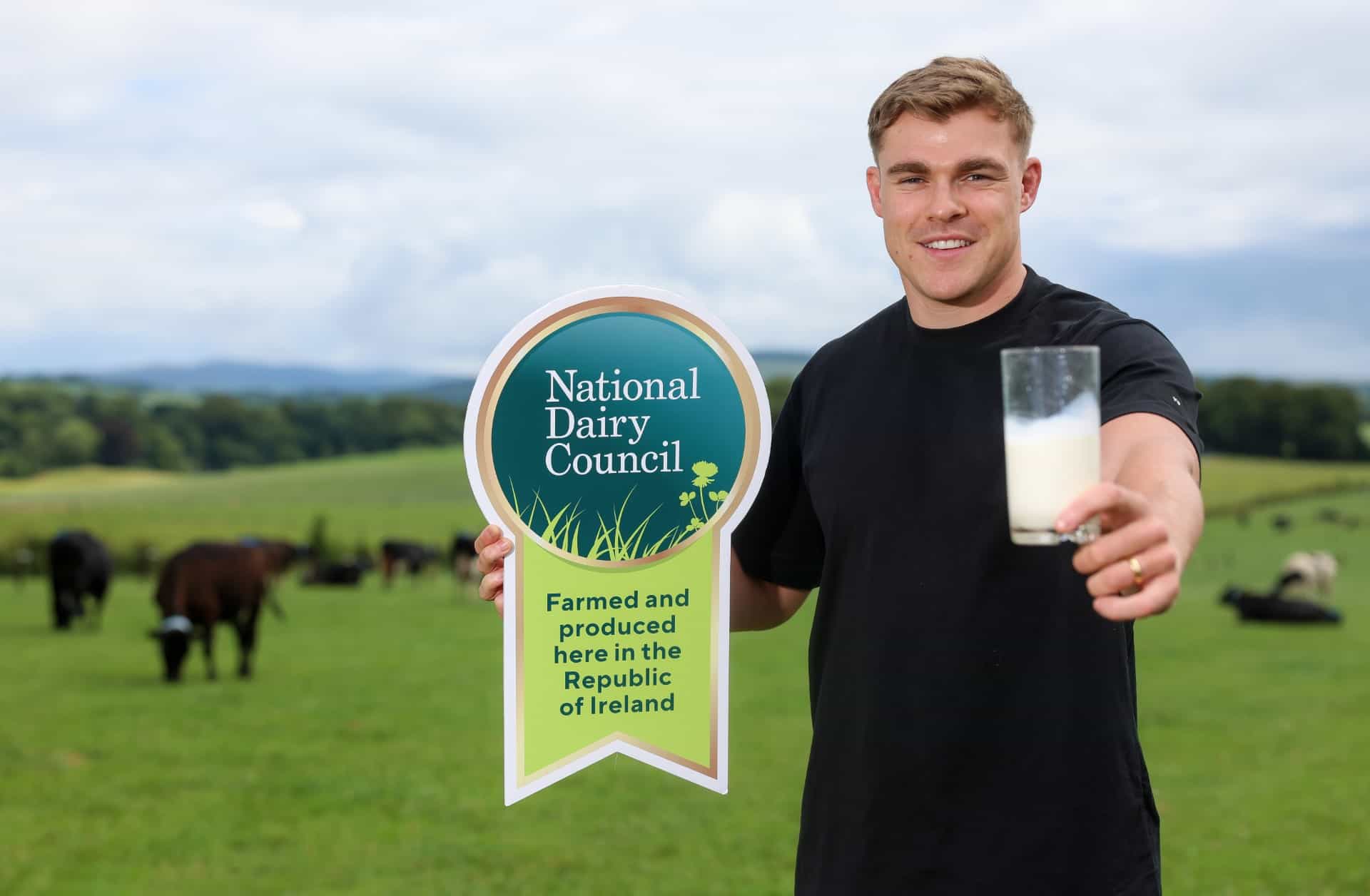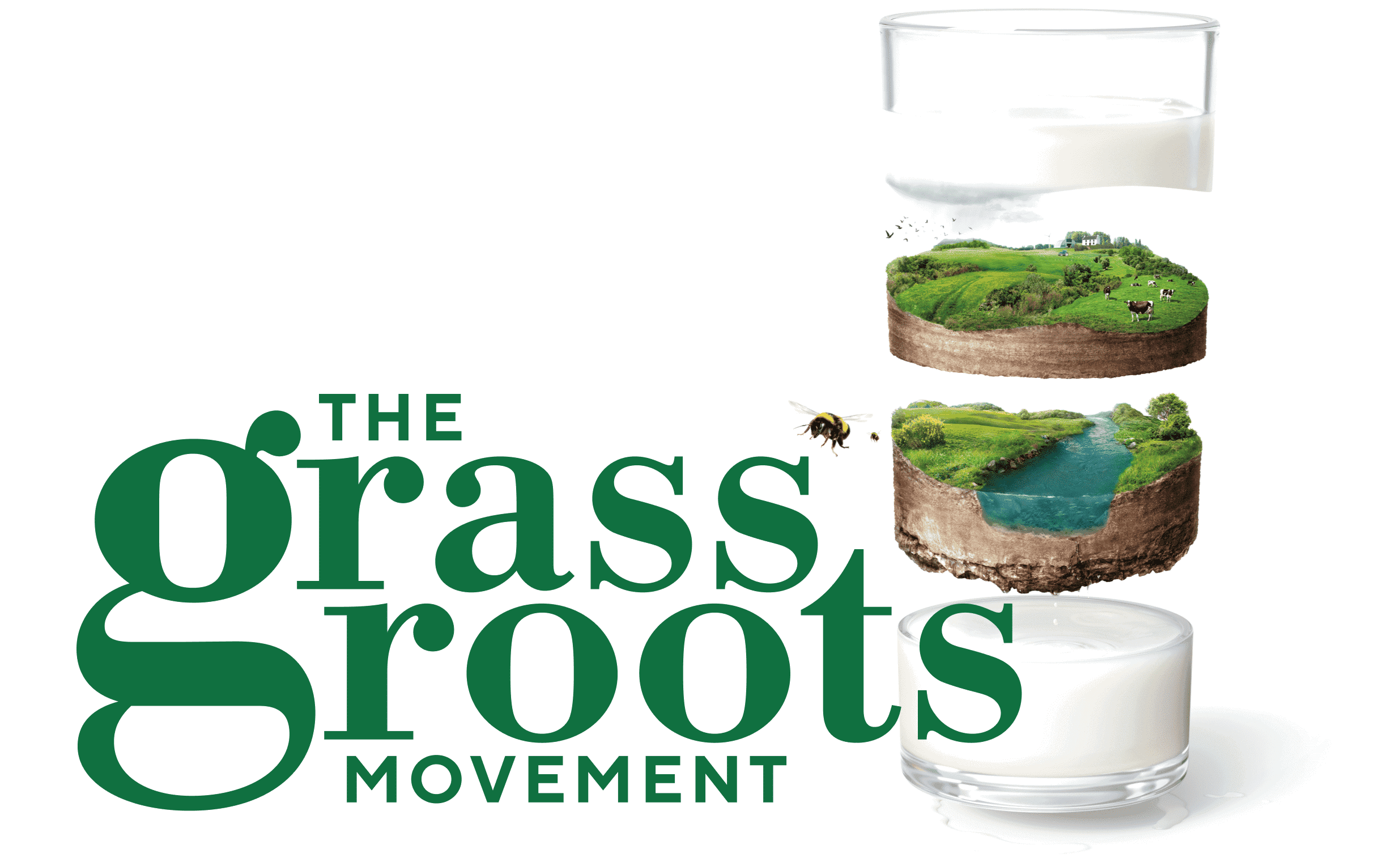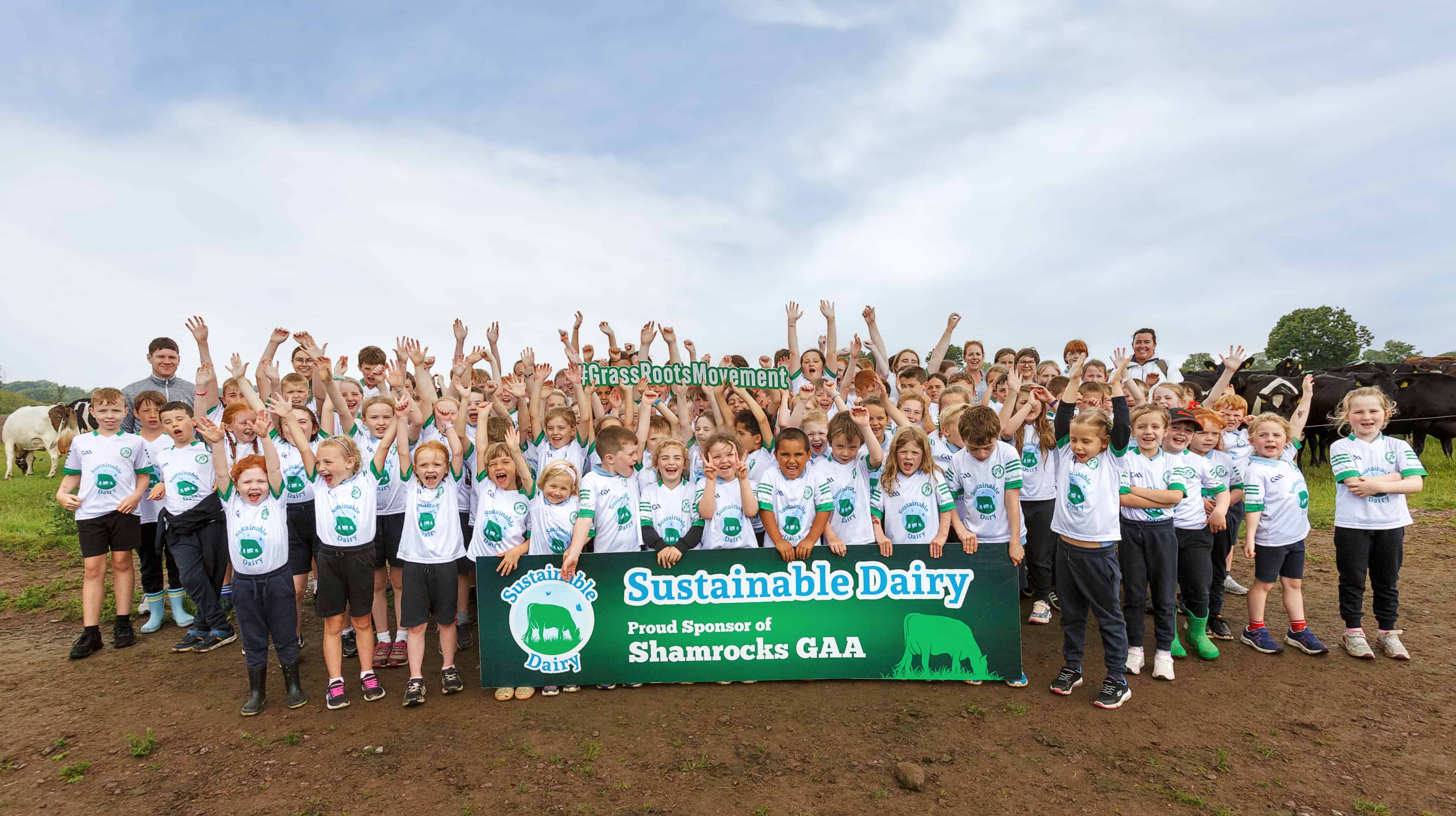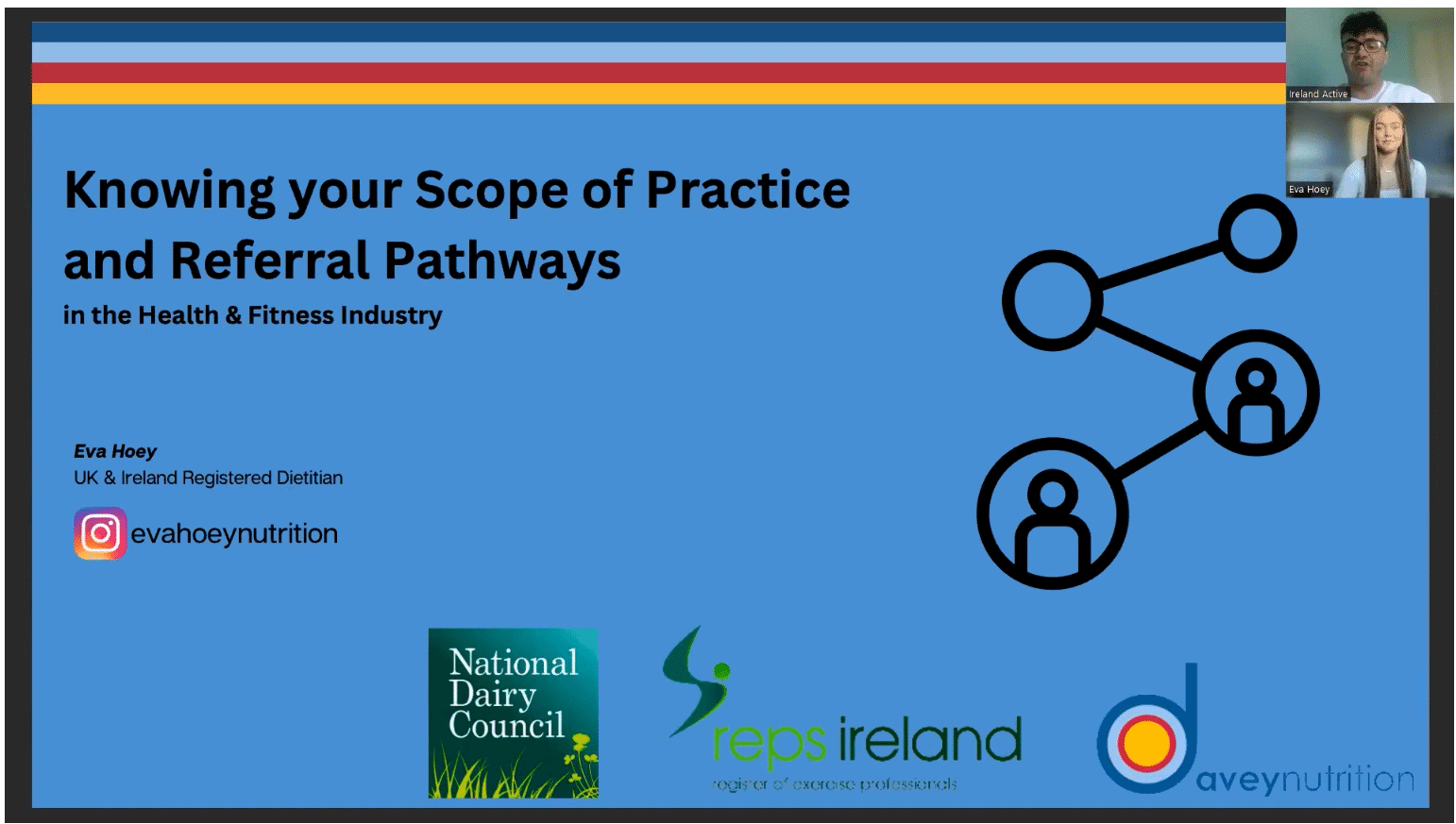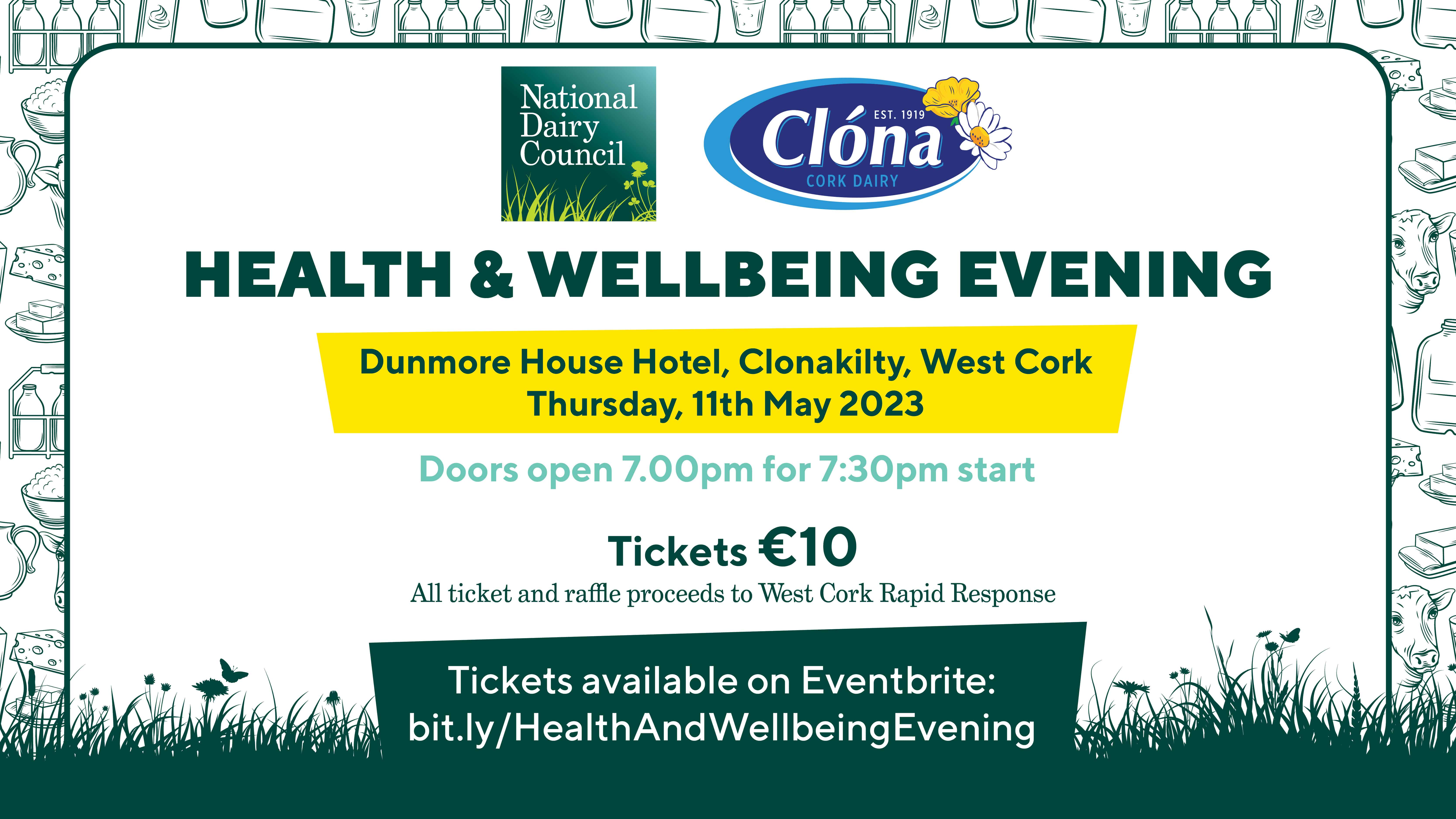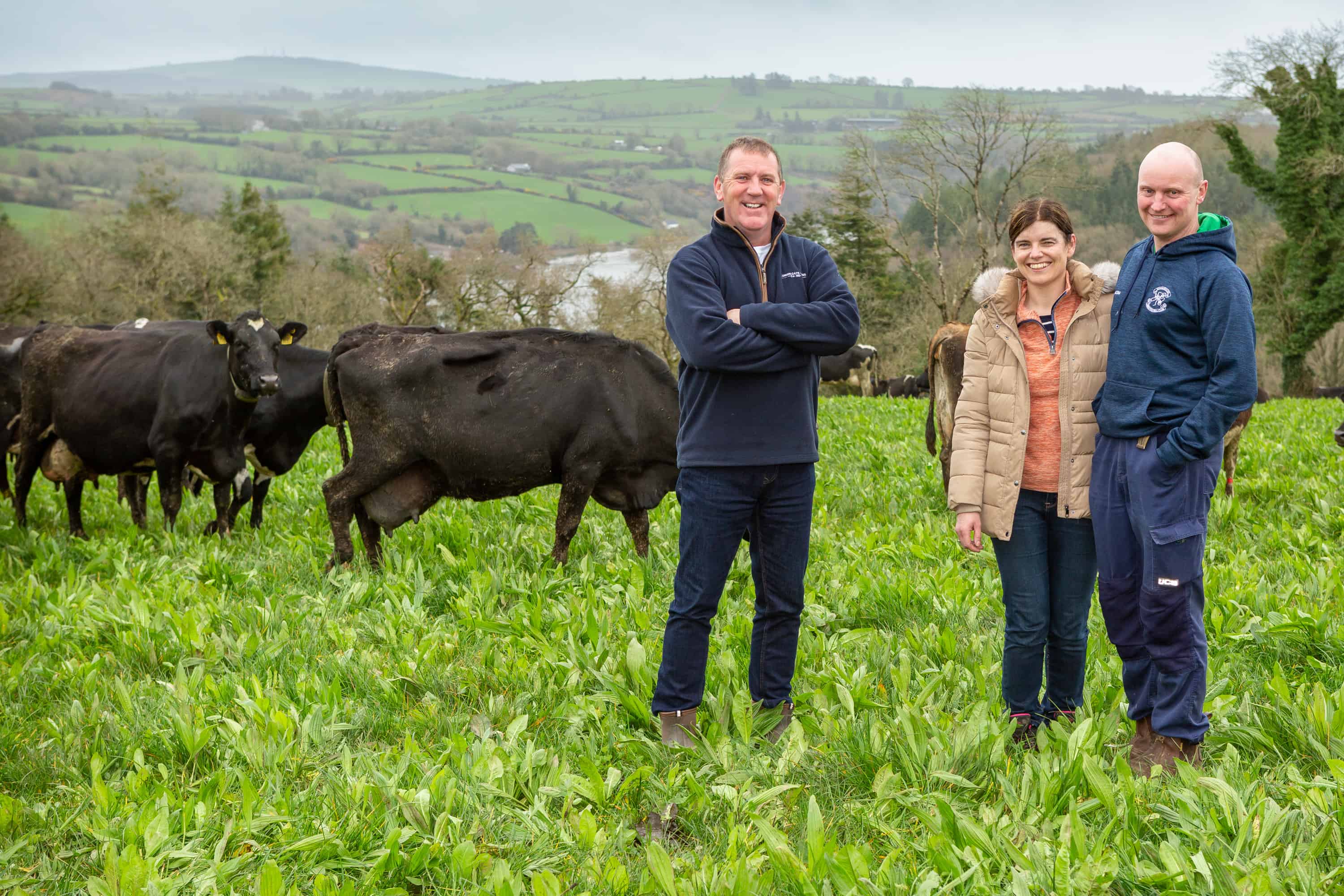By Zoë Kavanagh, CEO, National Dairy Council
As a nation, Ireland has no choice when it comes to climate change – globally, emissions must be reduced, and everyone and every industry sector must play their part. Where we are being let down, however, is by a ‘cart before horse’ approach – sectoral emissions targets are being widely discussed, but what their impacts will be and what it will take to achieve them is not.
The Irish dairy industry is already working hard to address its emissions – reduction in fertiliser use, cattle breeding programmes, pasture management – and its GHG emissions efficiency has improved 10% in the last eight years. This, and the progress made in measuring the carbon footprint of individual farms, is already being recognised.
The Irish government’s Climate Action Bill – which gave rise to the sectoral budgets – made specific mention of Article 2 of the Paris Accord (signed up to by 190 nations) which warns against sacrificing food production in the pursuit of climate goals.
Three Bs – Buoyant, Better, Best
Irish dairy is exported to over 130 countries and contributes to a nutritious diet for 45 million people – and, as a result, delivers €5.2bn a year to the Irish economy. Add to that the fact that Irish dairy farming is the most GHG-emissions efficient in Europe and the implications are summed up by three Bs – Buoyant, Better and Best.
Globally – inconvenient truth though it may be – demand for dairy products continues to be buoyant and shows no signs of dropping off.
Ireland is better at producing dairy than most other countries.
The best way of meeting demand for dairy, sustainably and with due regard for the environment, is by producing in a country that’s better at it.
Curtail Irish dairy production and the slack will be taken up by other, less efficient producing nations with a subsequent effect on global emissions – this is the concept of ‘carbon leakage’. Climate change is a global issue and we ignore that fact – and focus solely on Irish targets – at our peril.
The Future of Farms and Jobs
The industry will work harder to achieve its targets – using technology to streamline its operations and pursuing innovations in farm practices – but the worrying conclusion is that, if we are to achieve the big numbers, the only way will be through herd reduction.
However, forcing a reduction in the national herd (which is currently the same size as it was in 1986) to achieve hard Irish targets threatens efficient food production methods and promotes carbon leakage. It will also, without doubt, affect the future of Ireland’s 18,000 family farms and the 60,000 jobs that are supported by Irish dairy.
It has been said – correctly – that farmers will be the first to be affected by climate change and we are not shying away from our responsibilities. The dairy sector will play its part alongside everyone else.
Imagine how Irish dairy farmers will feel, however, if their livelihoods and their futures are cut back by Irish legislation yet they are still impacted by climate change driven by other countries filling the dairy gap that’s they’ve been forced to leave open.
For more from Zoë Kavanagh on sustainable food production read Irish Dairy – Part of Ireland’s Sustainable Future.
For the latest news, opinion pieces, podcasts and more follow the National Dairy Council on LinkedIn, Twitter, Facebook & Instagram. To join the conversation simply tag us and use #FromTheGroundUp.
All ears? Check out #DairyMatters – the National Dairy Council Podcast, available to listen here.
